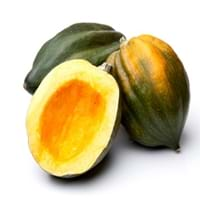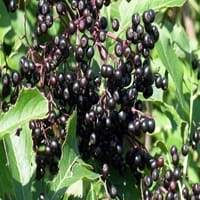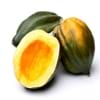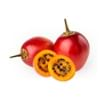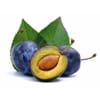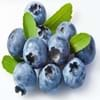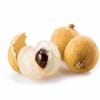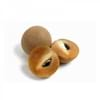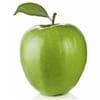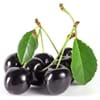Health Benefits
Anti-inflammatory properties, Arthritis treatment, Regulates Blood Sugar
Cancer prevention, Heart care
General Benefits
Boosts immune system, Controls blood sugar levels, Digestive aid
Anti oxidant properties, Anti-inflammatory properties, Boosts immune system, Controls blood sugar levels, Cures fever, Digestive aid, Eye care, Fights against infections, Flu treatment, Helps in weight loss, Maintains healthy cholesterol level
Skin Benefits
Nourishes skin, Protects skin from oxidative stress
Anti-aging benefits, Skin rejuvenation
Hair Benefits
Prevents hair loss, Promotes longer and healthier hair, Regulates hair growth
Promotes longer and healthier hair
Allergy Symptoms
Asthma, Red rash, Swelling of mouth, tongue or lips
Abdominal pains, Asthma, NA, Sneezing, Sore throat
Side Effects
Diarrhoea, Vomiting
Diarrhoea, Nausea, Vomiting
Lactating Women
Yes
Not Available
Best Time to Eat
Along with meal, As a snack in the late afternoon, Don't eat after meal, Eat the fresh ones, avoid mixing with any other foods, don't eat after meal.
As a snack in the late afternoon, Don't consume at night and before bed, Eat the fresh ones, avoid mixing with any other foods, don't eat after meal., Morning time (before lunch)
Vitamin B5 (Pantothenic Acid)
Vitamin C (Ascorbic Acid)
Calories in Fresh Fruit with Peel
Calories in Fresh Fruit without Peel
Not Available
Not Available
Calories in Frozen Form
Not Available
Calories in Canned Form
Not Available
Varieties
Bush Table Queen, Heirloom Table Queen, Festival Hybrid, Early Acorn Hybrid, Table Ace, Ebony and Cream of the Crop
Adams, Black Beauty, Black Lace, Johns, Nova, Variegated and York
Color
Dark green, Green-yellow, Orange green
Black, Red
Inside Color
Yellow
Magenta
Taste
Sweetish
Juicy, Sweet
Origin
Central America, North America, Unknown
Europe
Soil Type
Well-drained
Sandy, Well-drained
Climatic Conditions
Cold, Sunny
Warm to hot climate
Facts about
- It was named as Acorn Squash for its resemblance to a large ribbed acorn.
- It is said that squash was being grown in Mexico as long as 10,000 years ago.
- It was the first food cultivated by native American Indians.
- According to a superstitious belief, the "elder tree" was supposed to ward off evil influence & give protection from witches.
- Branches from its tree are also used to make fujara, koncovka & other Slovakian flutes.
Top Producer
China
United States of America
Other Countries
Egypt, India, Iran, Italy, Mexico, Russia, Turkey, Ukraine, United States of America
Colombia, India, Mexico
Top Importer
Costa Rica
Not Available
Top Exporter
United States of America
Not Available
Botanical Name
Cucurbita Pepo
Sambucus nigra
Synonym
Winter Squash
Not Available
Subkingdom
Tracheobionta
Tracheobionta
Division
Magnoliophyta
Magnoliophyta
Class
Magnoliopsida
Magnoliopsida
Subclass
Dillenhidae
Asteridae
Order
Cucurbitales
Dipsacales
Family
Cucurbitaceae
Adoxaceae
Generic Group
Not Available
Moschatel
Difference Between Acorn squash and Elderberry
We might think that Acorn squash and Elderberry are similar with respect to nutritional value and health benefits. But the nutrient content of both fruits is different. Acorn squash and Elderberry Facts such as their taste, shape, color, and size are also distinct. The difference between Acorn squash and Elderberry is explained here.
The amount of calories in 100 gm of fresh Acorn squash and Elderberry with peel is 40.00 kcal and 73.00 kcal and the amount of calories without peel is Not Available and Not Available respectively. Thus, Acorn squash and Elderberry belong to Low Calorie Fruits and Low Calorie Fruits category.These fruits might or might not differ with respect to their scientific classification. The order of Acorn squash and Elderberry is Cucurbitales and Dipsacales respectively. Acorn squash belongs to Cucurbitaceae family and Elderberry belongs to Adoxaceae family. Acorn squash belongs to Cucurbita genus of Pepo species and Elderberry belongs to Sambucus genus of S. nigra species. Beings plants, both fruits belong to Plantae Kingdom.
